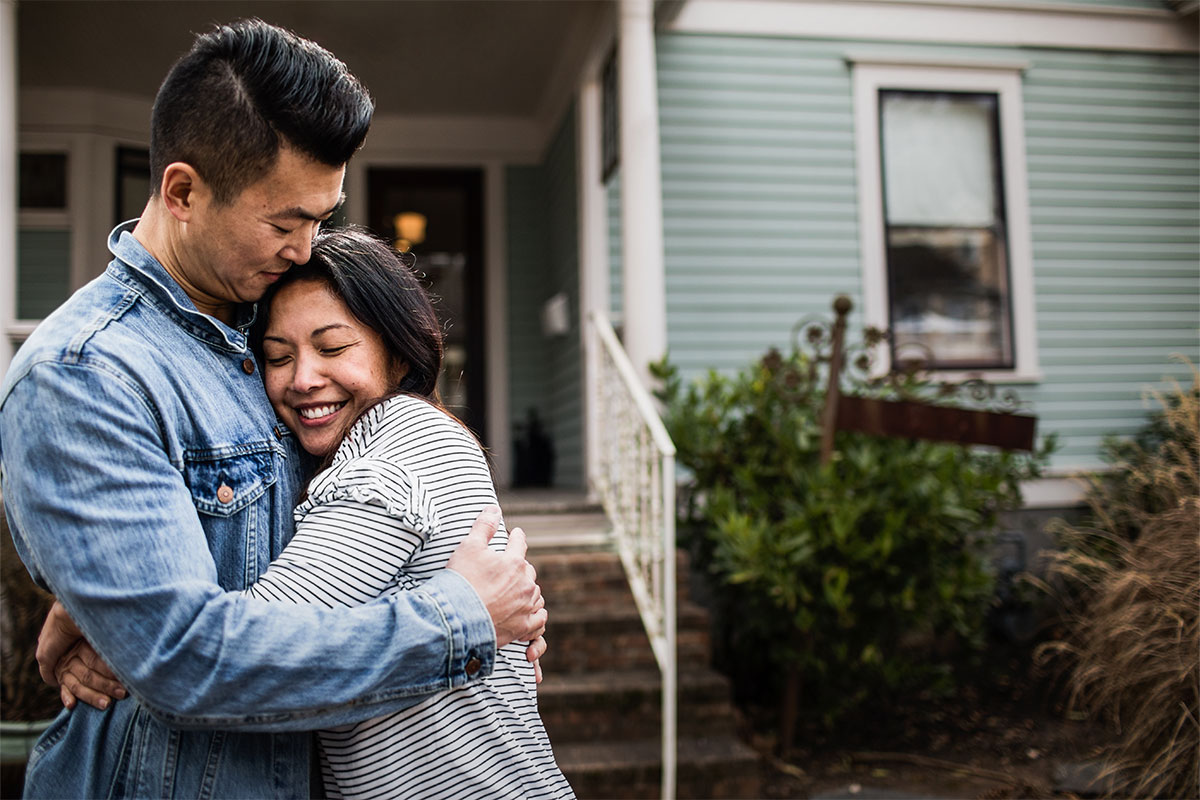FAQs for Our Cancer Fighters
Jan 16, 2025

If you’re in the process of cancer treatment or just received a cancer diagnosis, it’s normal to have lots of questions. The team at Adventist Health and Rideout hears questions often, and we know the power of feeling informed and confident that you’re taking the right steps to support your health.
Our cancer FAQ is designed to ease your concerns and help you feel supported along the way. If you have any questions during treatment, make sure to ask your oncologist or nurse navigator.
What should I expect when I meet the oncology doctor for the first time?
Your oncologist (a doctor trained in cancer treatment) will talk with you about your medical history and symptoms. He or she will also conduct a thorough exam. At your first appointment, you’ll also discuss next steps, including additional tests you may need.
What technologies do you use to diagnose patients?
We offer the most advanced diagnostic technology to provide accurate, timely answers. We perform imaging tests such as ultrasound, X-ray, computerized tomography (CT), magnetic resonance imaging (MRI), and PET or SPECT scans. Our team also uses minimally invasive diagnostic methods, using small incisions and instruments to see inside your body.
What should I expect from cancer treatment such as chemotherapy, radiation therapy or immunotherapy?
Each of these cancer-fighting therapies typically last a few weeks to a few months. They are usually done as outpatient procedures, so you receive your treatment and go home the same day. Our team works with you to ease the discomfort of any side effects. Your nurse navigator helps you prepare for each phase of treatment with guidance customized for you.
How will you help me manage side effects from my treatment?
Every patient experiences treatment differently. Our compassionate team helps you manage side effects and supports your physical, emotional and spiritual needs.
We can prescribe medication and assist you with physical activity and nutrition to help ease these side effects.
Our nutrition experts can guide you with personalized dietary recommendations before, during and after cancer treatment.
How do I know if I need cancer surgery?
After a meticulous diagnosis, our team of cancer experts collaborates to discuss the best treatment for you. We may recommend surgery if we determine that’s the best way forward. We’ll discuss your treatment options with you in a straightforward, caring manner to help you decide on the right options for you.
What kinds of technologies are used to treat patients at your cancer center?
We use advanced diagnostic and treatment technology to offer safe, effective care. For example, we often perform minimally invasive surgery, which uses smaller incisions and instruments to help you recover smoothly and safely.
If I need surgeries, how will I know what to do beforehand?
If surgical oncology is part of your personalized treatment plan, your care team will provide you with thorough guidelines to prepare. These important to-do’s help ensure a safe and smooth surgery and recovery.
Do all of your doctors perform surgery?
Our medical and radiation oncologist do not perform surgery, as they are specialists in treating cancer through other therapies, such as chemotherapy, radiation and immunotherapy. If surgery is part of your treatment plan, they will collaborate with surgeons to ensure the best outcome.
How can I learn more?
We’re here to be a partner in better health for our neighbors in the Yuba-Sutter region. Call us at 530-749-4400 to learn more.


